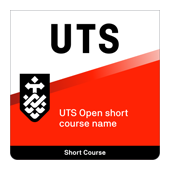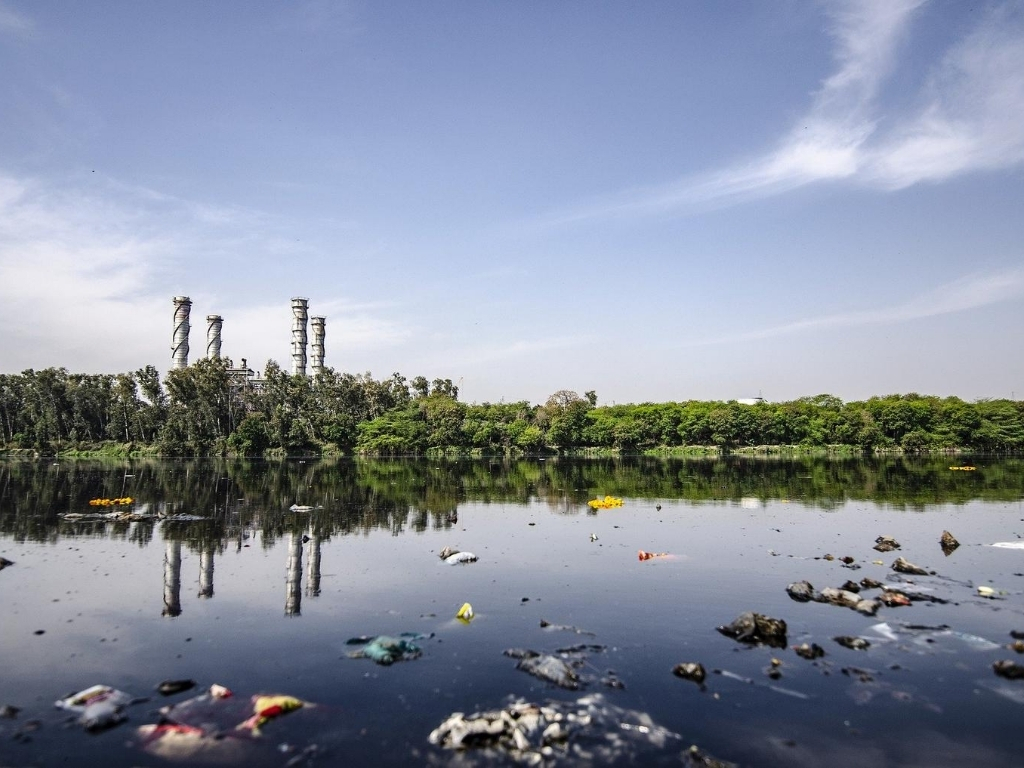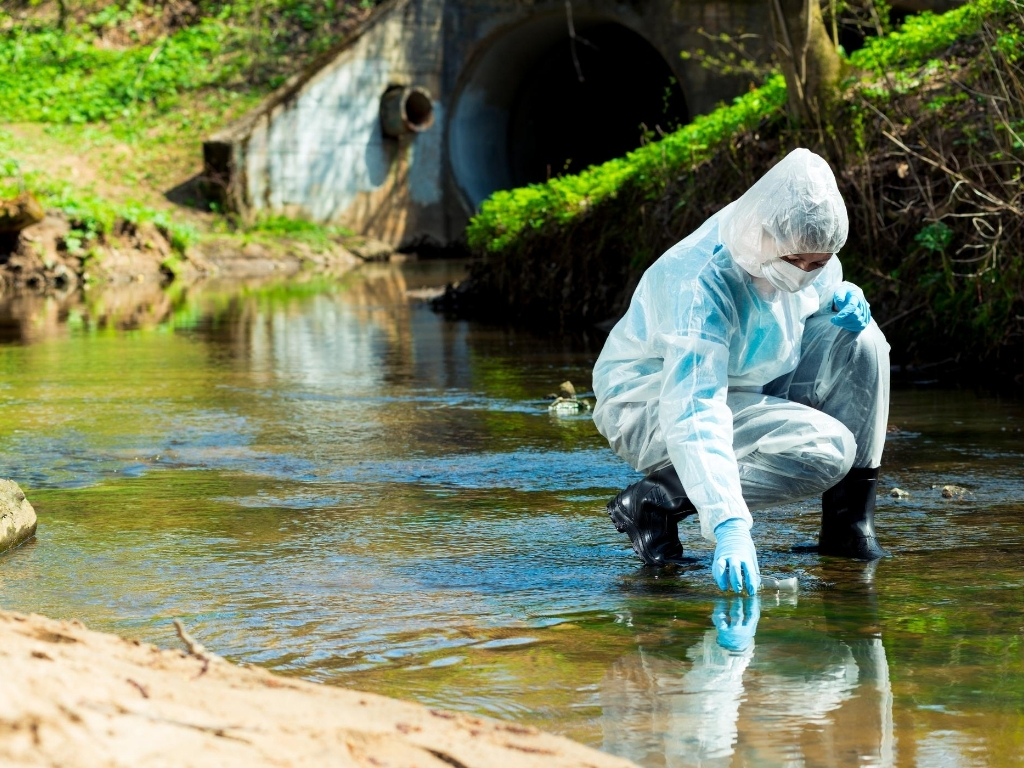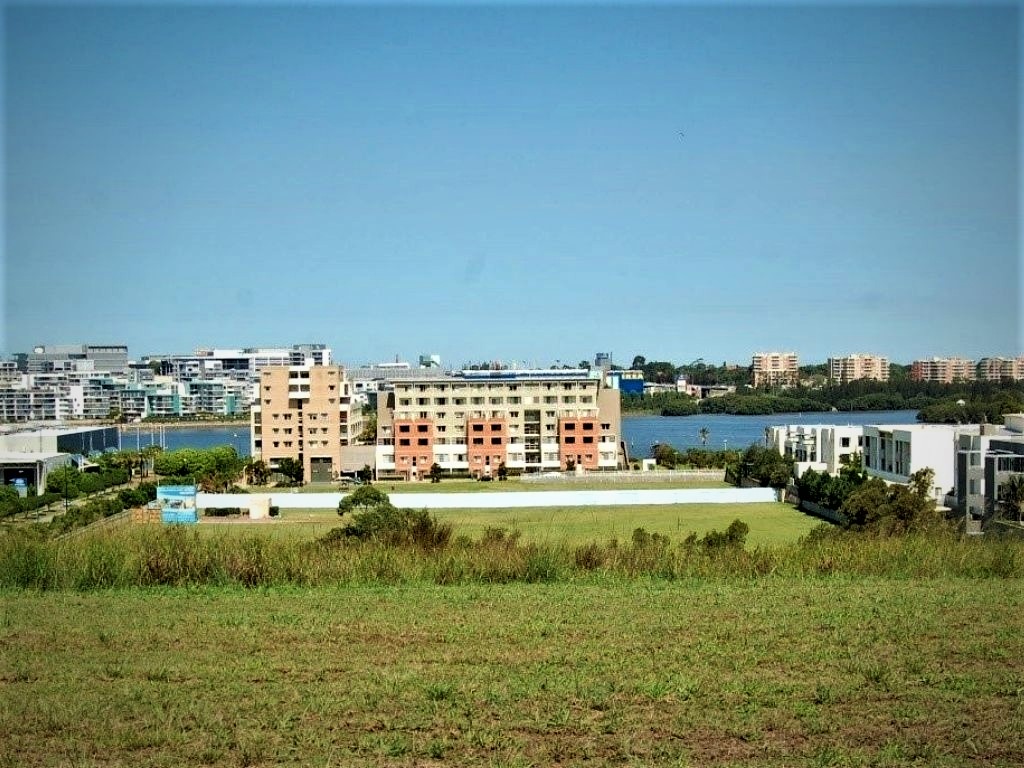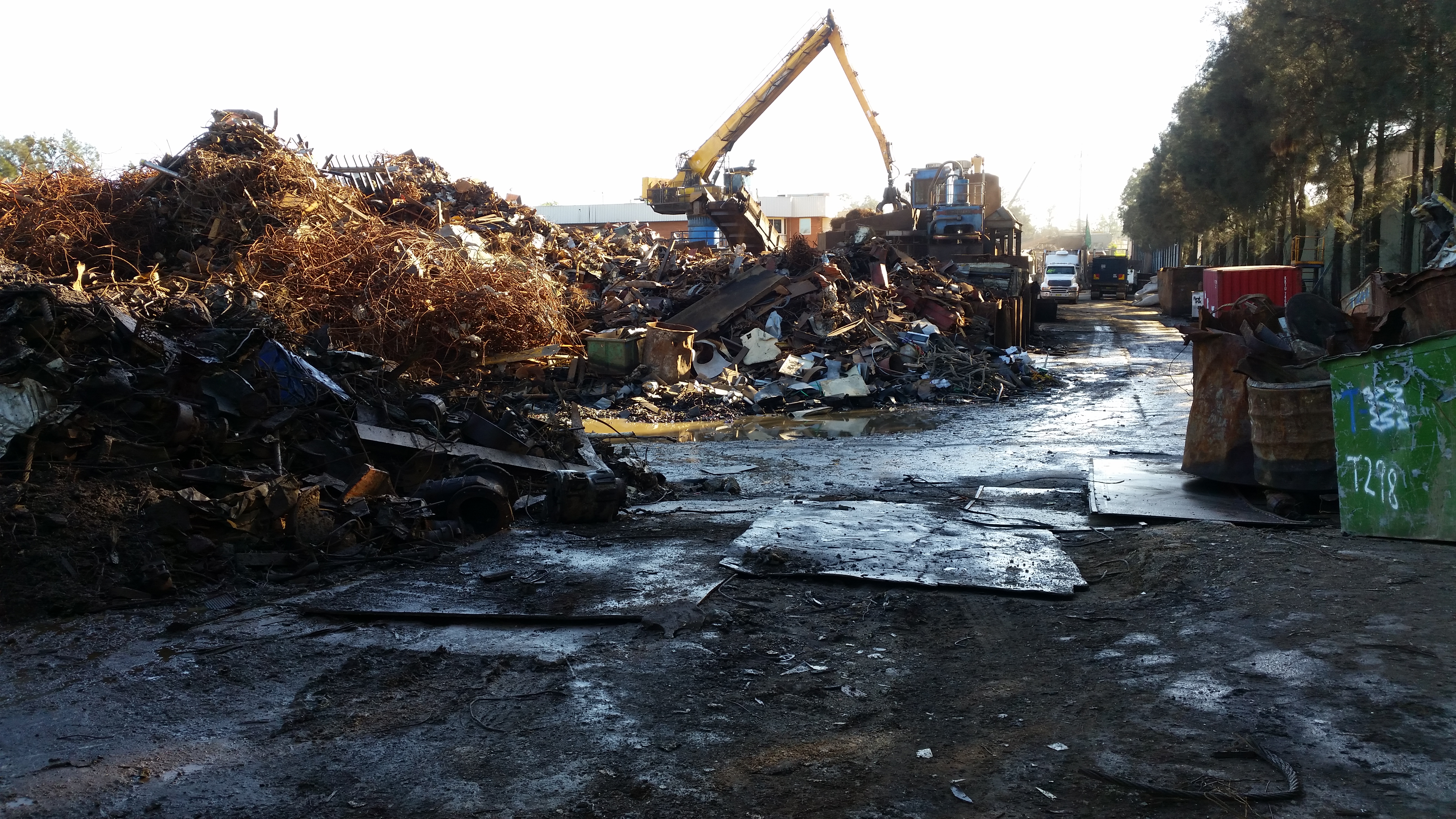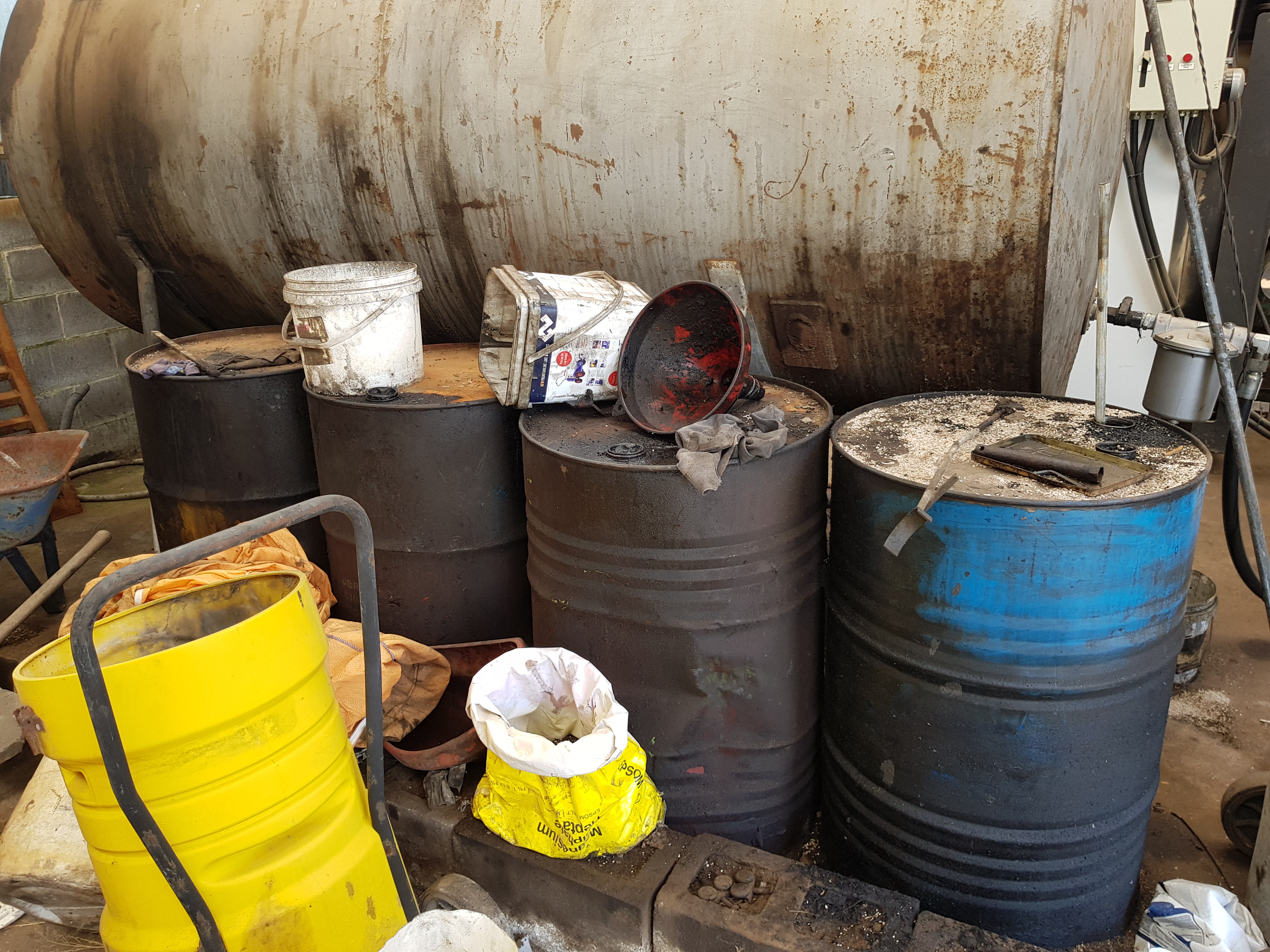This is an intensive course for which you will need to do some preparation prior to attending. The course will be delivered at UTS City campus, with a simultaneous presentation via Zoom for online participants.
There will be recommended reading lists and occasional preliminary exercises that you will need to complete before the live lecture sessions – this material will be uploaded on the teaching and learning platform, Canvas, to which you will be given access on registration. The materials on this platform will be available for you two weeks prior to the start of the sessions so that you will have enough time to prepare. All presenters assume that you have completed this preparation.
Additional information:
- You will gain access to the lecture material (slide decks) shortly before the live lectures start
- During each day of the course there will normally be 4 x 90-minute presentations, with different experts presenting each session
- Between the lectures there will be tea and lunch breaks, with the course fully catered
- The lecture presentations are designed to be interactive; questions from you are welcomed by the presenters as they provide the opportunity for the group to exchange experiences and discuss related issues
- All of our presenters use recent case studies to illustrate the concepts they present; generally, real-life problems are workshopped in small groups so that you can apply the concepts yourself
- Through the preliminary readings and live lectures, workshops and group discussions you will gain the understanding of how the remediation and closure processes work in real-life situations.
Specifically, the course will cover the following content:
- How to apply current regulatory and legal requirement in carrying out remediation projects in CSARM
- Current remediation practices applicable in a range of scenarios, as demonstrated by numerous case studies
- The framework for Remedial Action Plans (RAPs), validation plans and environmental management plans (EMPs)
- Updates on sustainable remediation practices
- Remediation methods applicable for contaminants in soils, vapours and groundwaters.
Course delivery
The course will be delivered via lectures, workshops and panel discussions, and a fieldtrip giving you the opportunity to share your experiences with presenters and other participants.









